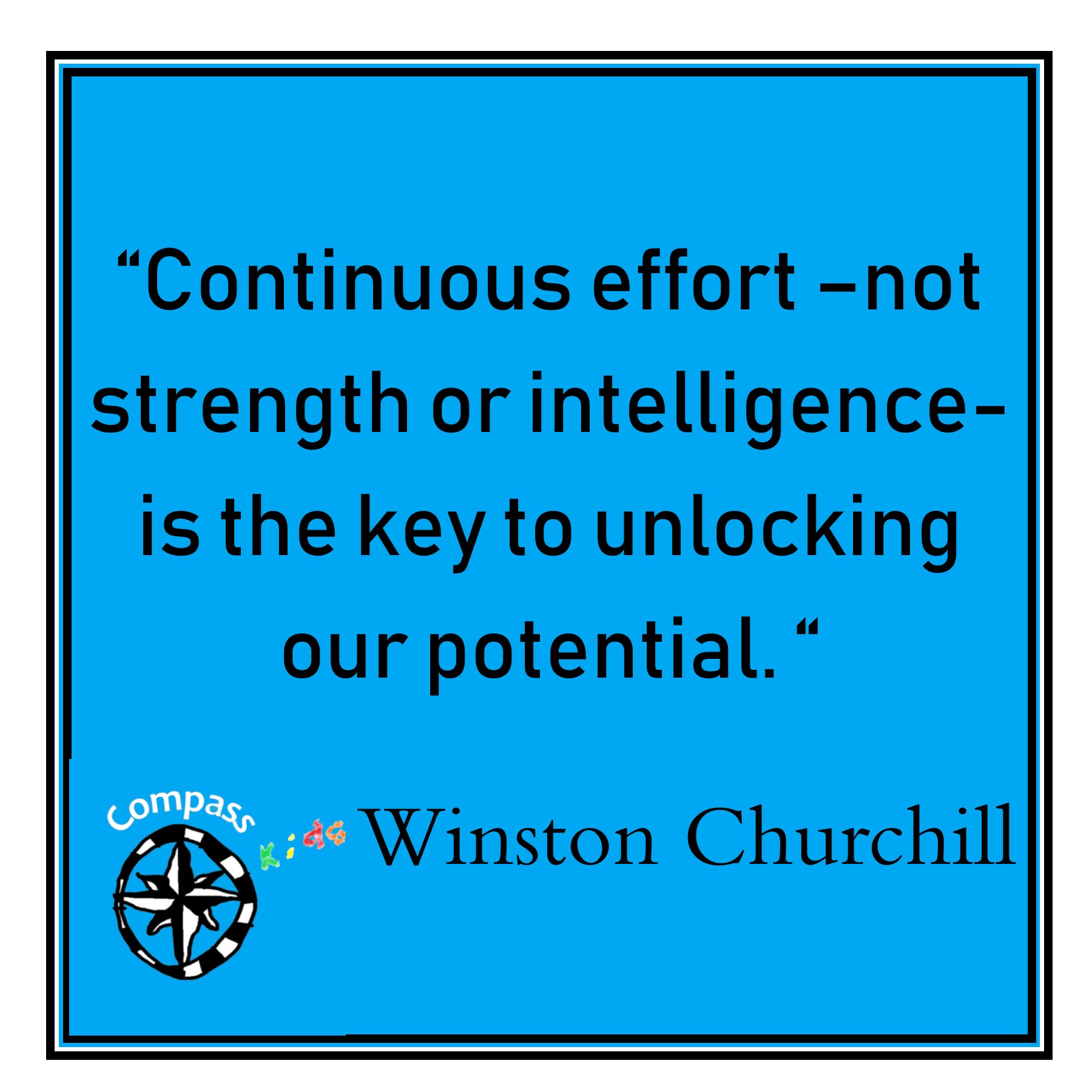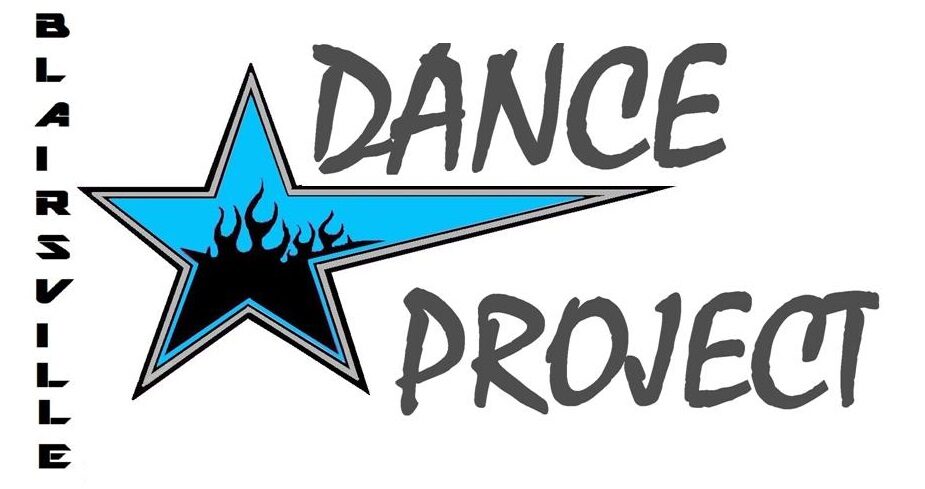
In addition to being a dance studio owner and growth strategy consultant, I am a parent. It is the most important job I have, and like most parents, I agonize over whether I am doing it right or wrong. Of course there are the standard concerns like, “Did I feed them today?” and “Is it REALLY possible to select the correct weather-appropriate clothing in the morning when you live in the north Georgia mountains?”
But parenting is only partly about keeping them safe. The big part of parenting…the hard part…is setting them up to be successful in life. Logically, it would appear life set me up pretty well for this task. You learn life lessons typically through tribulations, and I have had a few, which equates to a whole lot of learning. Thanks to these things, I have spent a lot of time delving into the topic of growth mindset, grit, and what makes some people tackle problems and grow from them, while others give up. In fact, I even have a job consulting people on growth strategies for their businesses, which is a fancy way of saying we work together to find out what they need to change and how they need to change it so they can grow their business.
I pride myself on my desire to constantly grow and improve, so imagine my dismay when I realized the messages my kids were inadvertently getting were the exact opposite of encouraging a growth mindset. Messages they were getting from me!
“Grant is so smart.”
“Silas is so talented.”
Praise is good though, right?
Of course, but there is a better way. While I tell them they can work to be whatever they want to be, the language I was using with them was praising results over effort. When we praise children for what they were naturally born with rather than what they work for, we encourage them to focus on sticking with what they are good at and playing it safe. That doesn’t sound so bad, you may say, but how does that play out long term?
I already know, because I see it every day at the studio. And I see it in my oldest son there too. We introduce a new step or combination that is difficult. Some kids try it over and over again, failing at it time after time. They keep at it. Eventually, they get it right.
Other kids, mine included, are not comfortable failing. After all, they are talented. They should get it right immediately! If they don’t, then obviously they aren’t really talented, right? Of course that isn’t the case, but it is how they feel. Because they are supposed to be good at this, in their heads, they aren’t allowed to get it wrong. So while the others are trying over and over, getting closer and closer to perfecting it, the “talented” ones may try it once when no one is looking. They may shuffle their feet or half-execute it. They promise themselves that they will try it at home when no one is looking, and they will have it next week. But what happens when they get home? Maybe they will figure it out, but maybe without the teacher there assisting them through the mistakes, they will come back the next week, and it won’t be as good as the other dancers. And then what? They feel like failures, because to them, the only success is getting it perfect. For them, there is no glory in the process of getting better each time and learning how NOT to do it.
I teach competition dancers, and I am blessed to have a fantastic group. They work hard and support each other. They are also “talented.” But they also play it safe. I regularly hear the words, “I’m just not cut out for that,” or “I am NOT going to be able to do that.” But the thing is, they can. They have all the tools they need, except the mindset. Eventually, they do always get it, but in teaching them, I realized we need to change how we approach challenges. Not just in my class, but in our communities, and regardless of how much you encourage this mindset at home, it is difficult to counteract our results-oriented/fixed mindset world. This is why we are implementing the Compass Kids curriculum, which is designed to first teach growth mindset and then teach goal-setting and achievement. Each month will be a different module, which moves through the process, starting in September with “The Power of Yet.”
In addition to focusing on it in class, we will also be sending home some information to families so you can see the ideas we are working on. Maybe some families have already mastered this, and for that I commend you, but for other parents like me who may have a framework in place but are always looking for additional resources, I hope the materials can be of use.
In the meantime, I provide the following examples of praise to encourage a growth mindset, which I found useful and thought-provoking.
“I like how hard you worked at that.”
“Good job trying something new and different.”
“Great job! You must have worked really hard!”
“I like the way you tried different options until you got it right!”
If you have other examples you would like to share, please let us know, and we look forward to implementing this new program! As always, we appreciate your feedback.
